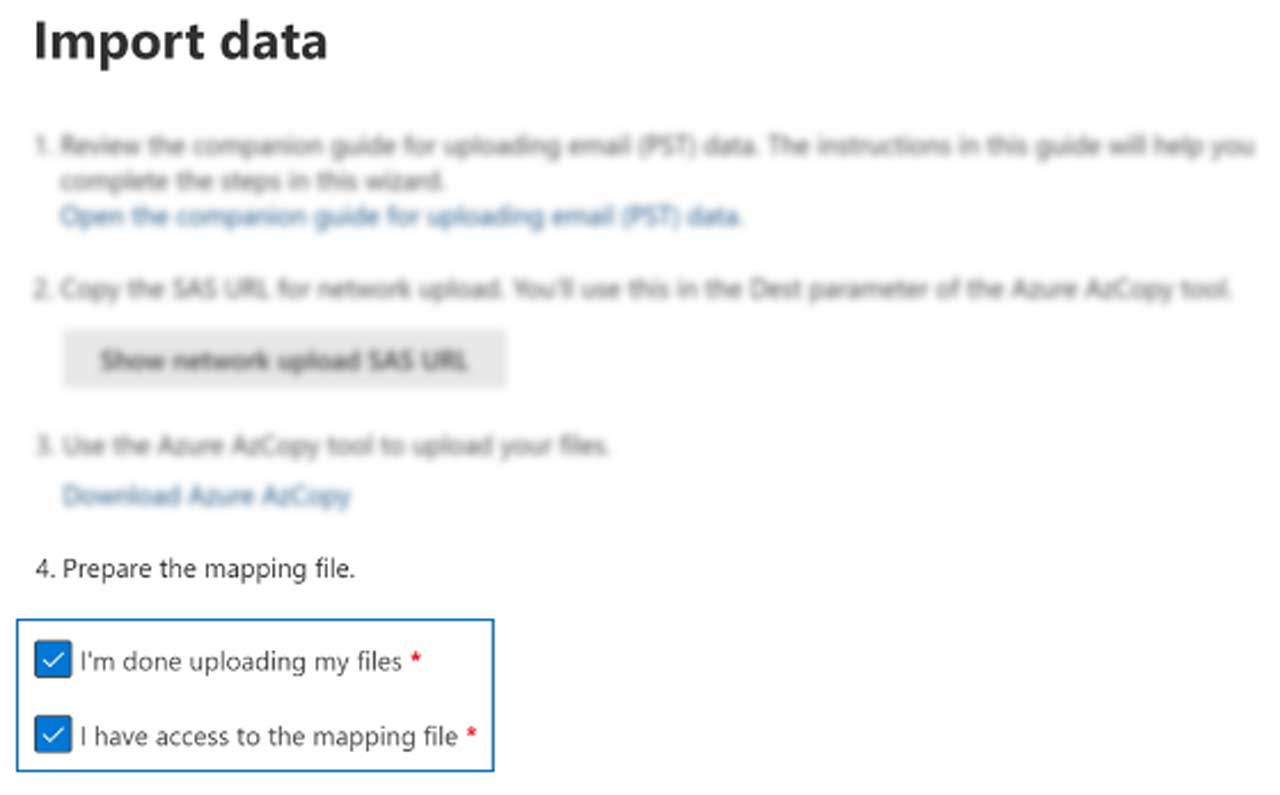
If you’d like to ensure that your communication is private, you’ll want to install some of the best privacy tools available. From VPN software to Adblockers, here are some of the most popular.
These tools will ensure that your communication remains private and anonymous while using the internet. If you use these tools daily, you can rest assured that you’re protected against the invasive practices of spies.

1. Adblocker
If you want to protect yourself from online ads, then you should use an adblocker. These programs can be installed as browser extensions, but there are also apps for iOS and Android devices. Adblockers block tracking and ads that are built into plugins. Some of these programs do not block ads altogether, but they still make browsing a lot safer by blocking the annoying ads. The most popular adblockers are AdBlock Plus and AdBlock Ultimate, which are available for free on Google Chrome’s web store.
Currently, there are numerous types of ad blockers available. It’s important to choose the right one for your needs. Adblock Plus, for instance, has a detailed bar graph showing the items that are blocked and which ones are not. It also allows you to block specific elements of web pages, such as social media icons and push notifications. The best part about Adblocker is that it’s an open-source platform, which means that it works on almost all devices and web browsers.
2. Antivirus software
Nowadays, cyber threats have become more sophisticated, with malicious programs able to steal sensitive information from your device and compromise your online privacy. While the latest operating systems include inbuilt security solutions, they often aren’t strong enough to fight against more advanced malware infections. Third-party antivirus programs can protect all your devices and increase your online security.
An antivirus program scans incoming files against a database of known viruses and malware. Antivirus software generally uses three different types of scanning, including specific detection, which identifies known viruses and malware; generic detection, which searches for malware variants with a common codebase; and heuristic detection, which analyzes files based on suspicious behaviors and file structures. It then isolates and removes files that match the scan.
For the best protection, consider using a firewall. While Microsoft’s Defender has excellent privacy protection, it’s not enough. An antivirus program should also monitor all the apps you run on your system, and it should also be able to prevent malicious software from infecting your computer.
3. VPN software
The best VPN software protects your privacy in several ways, from the way your identity is stored to the way your online activity is monitored. Good VPN providers usually offer strong DNS leak protection, reliable kill switches, and pre-configured servers.
It also supports PayPal and credit cards and is increasingly branching out into internet security suites, offering a wide range of tools, including Dark Web Monitor, which alerts you to data breaches, and Threat Protection, which blocks ads.
A VPN protects web traffic from being leaked, and many people use it to keep their IP addresses private. These private IP addresses are derived from domain name servers and are easily traced.
Additionally, WebRTC (remote real-time communication) has become commonplace and defaulted on Chrome, Microsoft Edge, and Opera. This means that you can use a VPN even if the website you are visiting is blocked.

Read Also: Optimize Server Performance with Real-Time Monitoring
4. Tor Browser
Because the internet has grown increasingly interconnected, the Tor Browser is one of the best privacy tools of the 21st century. The browser works in the background using a network of anonymous volunteer nodes, some of which are run by law enforcement agents and cyber criminals. The exit node is where most cyber threats originate. Tor is a good browser for privacy, but it does make some trade-offs between performance and anonymity.
Using Tor protects your privacy from hackers, but it still leaves you vulnerable to data leaks and compromised exit nodes. If you’re not concerned about privacy, you can use the Tor browser to browse the internet, but be warned that regular web browsing will leak data and reveal your true identity. Also, keep in mind that activities conducted outside of Tor can route your traffic outside Tor and retain information about you.
5. Password Managers
Password Managers have some benefits, including being secure and allowing users to manage multiple accounts. These tools help users create secure passwords that are hard to guess and do not reuse them across multiple websites and accounts.
The most popular password manager is 1Password, but there are other good options out there. LastPass, for example, has an excellent mobile app, but there are no native desktop applications. Users can access LastPass through browser extensions for macOS, windows, and Linux.
The downside of LastPass is that it doesn’t offer customer support. This is unfortunate because most users don’t use a password manager regularly, and it’s easy to lose track of a password. Password Managers can be mobile apps, desktop applications, or browser extensions.
6. Private Email
In terms of security, privacy tools are the most flexible among all types of email applications. Private email applications are the best choice for most people. Protonmail is an email service founded by CERN scientists and has a strong encryption foundation.
It forces end-to-end encryption throughout the entire process and offers a bug bounty program. It also allows for aliases and does not collect IP addresses. Lastly, Protonmail recently faced controversy after they were forced to share IP address data with French law enforcement agencies.
Securemail also offers migration features to help people move from their current email service to a private email provider. It allows users to use aliases and sign up with Tor. It also offers privacy protections against eavesdropping.
Secure email can be used across multiple devices, including computers and mobile phones. Moreover, having secure hosting is another important element for privacy and security. To avoid cyber attacks through email or websites you need to pick the right cloud-managed hosting provider.
7. Secure Messaging
As more companies realize the value of team collaboration and secure communication, more are turning to Secure Messaging as a solution. As the world’s workplaces shift to more digital and hybrid environments, the need for secure messaging solutions grows. End-to-end encryption can help keep data private and secure.
Signal is one of the best all-around messaging apps available, but it lacks the popularity of Messenger and Messages. It’s also not the default software on mobile phones. The Signal app was developed by Open Whisper Systems, which also created TextSecure, a messaging service that relied on end-to-end encryption.
Later, Signal was merged with the encrypted voice-calling application RedPhone. The software has since been adopted by the infosec community, but it’s not a popular choice for ordinary users yet.

8. Private search engine
If you want to remain private online, you should use a private search engine. Most popular search engines are collecting a lot of data from you and using it to understand your habits and serve you with more relevant ads. These companies are also tracking you on the web, so they have to comply with GDPR laws, which define metadata as personally identifiable information.
The most popular search engines collect personal information from their users and sell or share it to third parties. This information could be misused by hackers, leading to identity theft, intrusive advertising, and other harmful activities. Gibiru is another private search engine. It has a similar interface to Google but offers uncensored search results. Gibiru uses code to translate your query into an anonymous format, making it impossible for websites to track you.
9. Private messengers
End-to-end encryption is the best privacy tool for online conversations. Popular messaging applications such as Facebook Messenger and WhatsApp do not offer this option. Signal Private Messenger is an open-source alternative that supports end-to-end encryption.
Signal can be downloaded on a Linux desktop and is a favorite of privacy activists and journalists worldwide. If you’d rather not use your phone number, you can always try Threema. This app offers similar features to Signal but without your phone number.
10. Advanced System Optimizer
Advanced System Optimizer is the best privacy tool for Windows 10. It offers several privacy features, such as cleaning up system history, deleting cache, and removing traces of Internet activity.
In addition to cleaning up your browsing history, Advanced System Optimizer is also equipped with advanced security features. This tool works with advanced algorithms and secures your data using advanced security measures. There are many privacy tools for Windows, but the best Windows privacy tools in 2024 should be your top choice.








